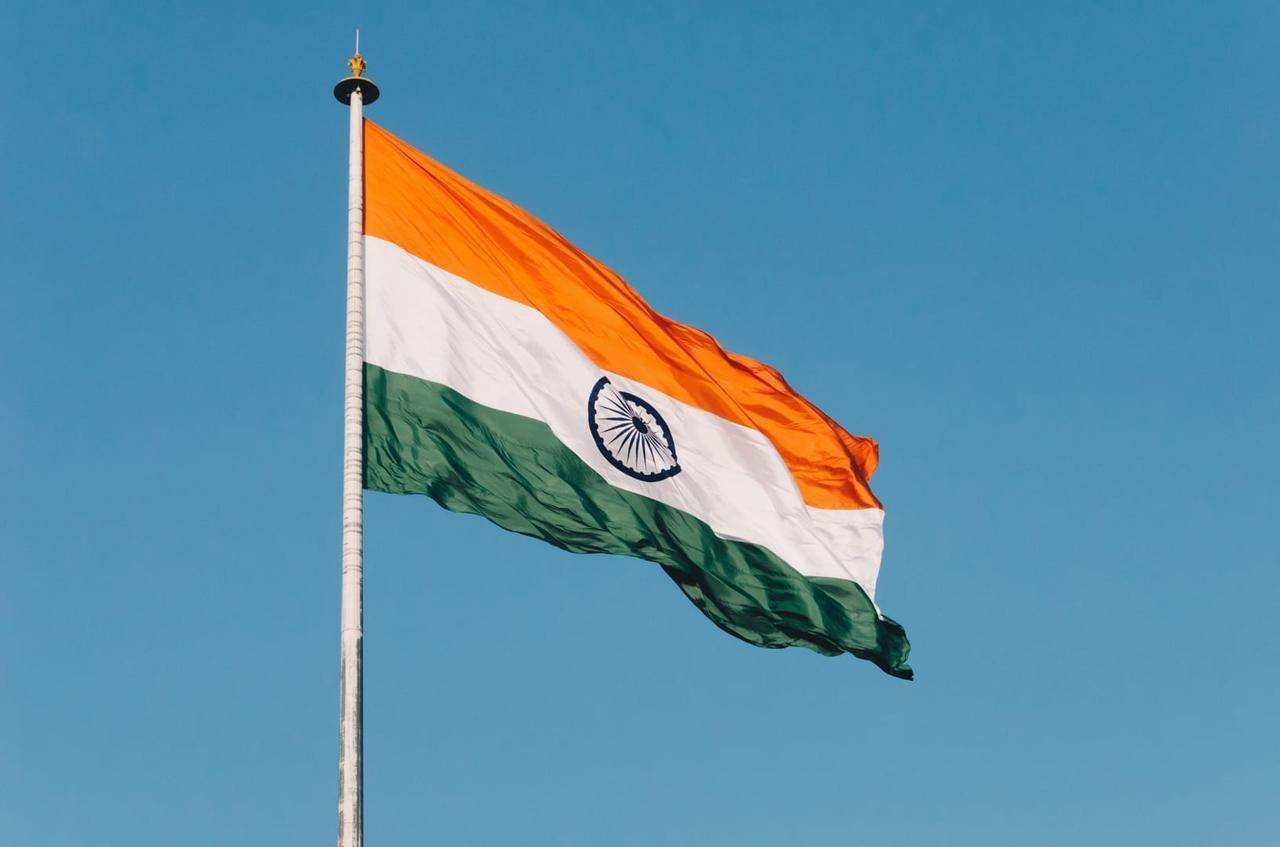NEW DELHI — Catholic officials in India are working to help citizens get help during the second wave of COVID-19 and the accompanying lockdown.
“Our priority now is to save as many lives as possible,” Archbishop Victor Henry Thakur of Raipur told ucanews.com. He said with movements restricted, the archdiocese is reaching out to as many people as possible through neighborhood networks to provide food and medical help, including getting patients admitted to hospitals.
Bishop Jose Chittooparambil of Rajkot told ucanews.com: “We are providing medical care to people under trees and makeshift tents, as our priority is to save as many lives as possible.” Suspected patients who need home quarantine are provided accommodation in church buildings, he said, since most village families live together in small mud houses where quarantine is not possible.
Thakur said that, during the first wave of the pandemic last year, Catholic activists helped migrant workers with cooked meals, drinking water and other basic requirements.
“The priority has changed now,” the archbishop said.
Ucanews.com reported medical facilities are overwhelmed with more than 300,000 new infections across India daily.
Despite best efforts, “many people die for want of medical care as hospitals, including Catholic facilities, are unable to accommodate even seriously affected people,” Thakur said.
On May 12, India reported 4,120 COVID-19 deaths and 348,000 new cases, increasing total cases to 23.7 million.
“Our hospitals are full and we have no way to accommodate more patients,” said Chittooparambil.
“We are now busy equipping our clinics in villages with the minimum needed facilities and medicine to attend to COVID-19 patients. Critical patients are referred to nearby government-designated COVID-19 hospitals,” he said.
Rajkot Diocese is distributing cooked food to 100 families where all members are infected and unable to prepare food.
Delhi Archdiocese, also badly hit by the pandemic, is in contact with families who have lost members and providing online counseling, said Father Savarimuthu Sankar, archdiocesan spokesperson.
“We also distribute raw food to poor families through parishes to ensure they do not suffer because of job losses on account of the lockdown,” he said.
The archdiocese is helping COVID-19 patients who cannot return to their homes with temporary accommodation.
The archdiocese in Mumbai has opened help desks to provide counseling, medical assistance and help in finding hospital beds and ambulances to those needing critical care.
These desks also provide free medical consultancy with doctors, said Father Nigel Barrett, spokesman for Mumbai Cardinal Oswald Gracias.
“Our effort is to provide every help possible to ensure that no one dies without medical care for want of information,” said the priest, who is among those coordinating archdiocesan efforts in one of the hardest-hit cities.
“Our work is not restricted to Catholics. It extends to everyone irrespective of caste, creed or religion,” Barrett told ucanews.com.
Catholic hospitals in Kerala state have spearheaded a movement against private hospitals trying to exploit the situation by overcharging for medical facilities.
“Our priority is to make health care affordable to the needy in this crisis when hospital beds are becoming scarce,” said Father Jacob Palackappilly, deputy secretary-general of the Kerala Catholic Bishops’ Council.
The bishops’ body has instructed Catholic hospitals to set an example by providing affordable medical care to everyone battling the pandemic.
The Kerala High Court also criticized private hospitals charging exorbitant fees for COVID-19 patients and asked the government to limit treatment charges. On May 10, the government set a cap on hospitals’ fees.
The Kerala council also offers online counseling and help desks “as part of our initiative to be with the people,” Palackappilly told ucanews.com.
Some dioceses in Kerala also give families a medical kit that contains a pulse oximeter, digital thermometer, inhaler, mask and sanitizer to help people monitor their health and go to the hospital only when necessary.















